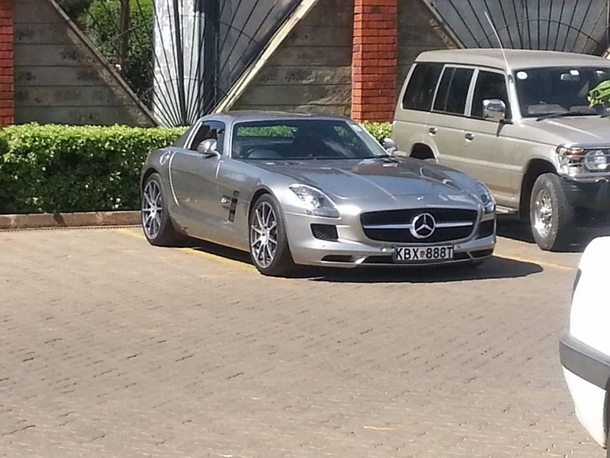• Government efforts to boost uptake of locally assembled vehicles while slowly doing away with cheap car imports.
• Expenditure on road motor vehicles rose 8.6 per cent to Sh92.58 billion in 2018.
Kenya plans to introduce scrapping rebates to enable individuals and companies replace old vehicles with locally assembled cars.
According to the State department for industrialisation, this is in line with government efforts to boost purchase of locally assembled vehicles while gradually doing away with cheap car imports.
Under the Draft National Automotive Policy, the ministry plans to establish systems to collect used cars that are no longer road worthy for recycling.
“Given the background and situational analysis of the automotive sector in Kenya, there is potential for growth in the automotive industry under the right policy environment,” the draft policy states.
The proposed policy which was to be rolled out from from July 1, has however been met stiff from local car importers who say they were not involved in its formulation.
On May 7, Trade Cabinet Secretary Peter Munya told the National Assembly Trade committee the policy would be put on hold for one year as it had not gone through public participation and approval by the parliament.
The draft policy proposed to reduce the age limit for imported used cars from eight to five years by the end of this year for vehicles with an engine capacity of 1,600cc and above. This would be further capped to three years by 2021.
“The eight-year age limit for second hand vehicles applied across the board does not provide adequate incentive for local assembly,” the policy stated.
The policy also plans to work with the motor industry and lenders to develop a concessionary financing scheme to enable individuals and companies to purchase new locally assembled vehicles.
This will offer relief to individuals and small firms looking to purchase vehicles either for personal or business use.
Data from the 2019 Economic Survey shows Kenyans bought 10,504 saloon vehicles last year compared to a high of 15,902 in 2014. On the other hand, station wagons, mostly bought by government entities increased to an all time high of 64,179 in 2018.
The data shows expenditure in road motor vehicles rising to Sh92.58 billion in 2018, 8.6 per cent growth from Sh85.21 billion in 2017.
Similarly, expenditure on motor vehicle parts and accessories rose by 12.05 per cent to Sh10.10 billion from Sh9.01 billion.
“The Government will draft for consideration a progressive leasing policy to expand access to new vehicles made in Kenya,” the policy stated.
The Kenya Bureau of Standards has also moved to restrict importation of used car parts as seen in a notice sent out to pre-shipment cargo inspectors.
Seventeen categories of second-hand spare parts have been banned from entry into the country.
SOURCE: the-star.co.ke





![Here are some of the best tuned cars in kenya by state of the art garages [PHOTOS]](../../../blog/wp-content/uploads/2013/11/29402_10151301757042065_340470732_n-e1384498044289.jpg)


![Top 20 Used Cars to Avoid Buying in Kenya – [PHOTOS]](../../../blog/wp-content/uploads/2013/11/top-used-unreliable-cars-to-avoid2-100x70.jpg)



